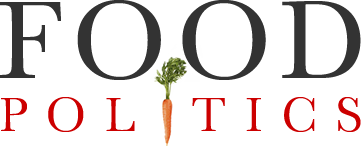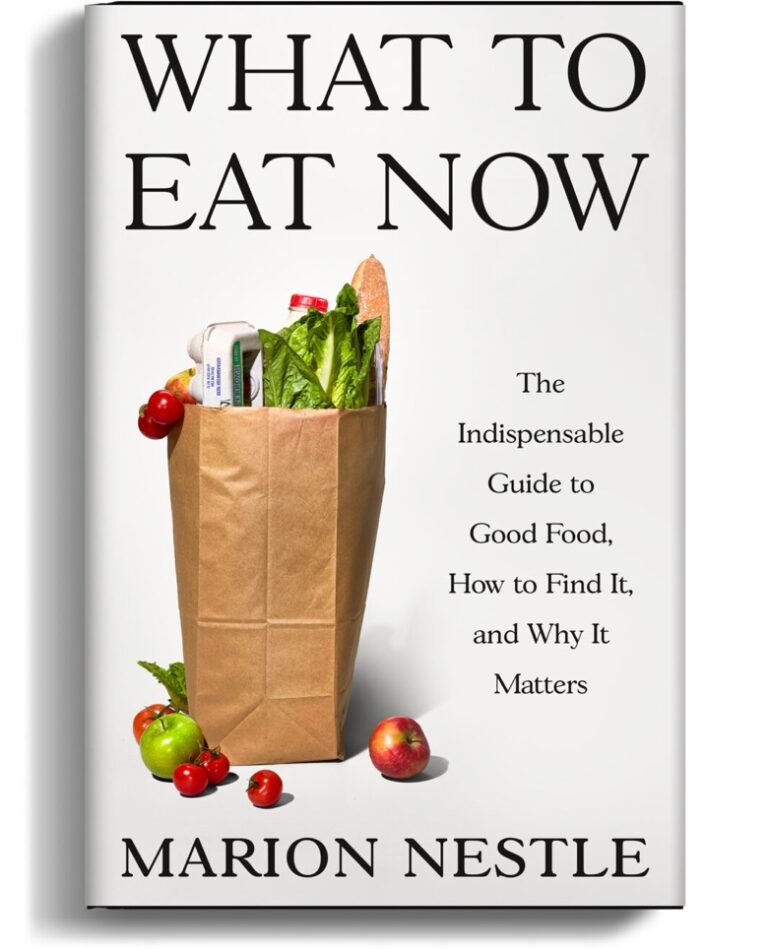HHS Secretary Robert F. Kennedy Jr has announced that medical schools will now have to teach nutrition. This is a great idea in theory; in practice, no so much, First, here’s what RFK Jr is saying: View this post on Instagram A post shared by ...
| © Marion Nestle. You're receiving this email because you've signed up to receive updates from us. If you'd prefer not to receive updates, you can unsubscribe. |
|
| | |


.png)
